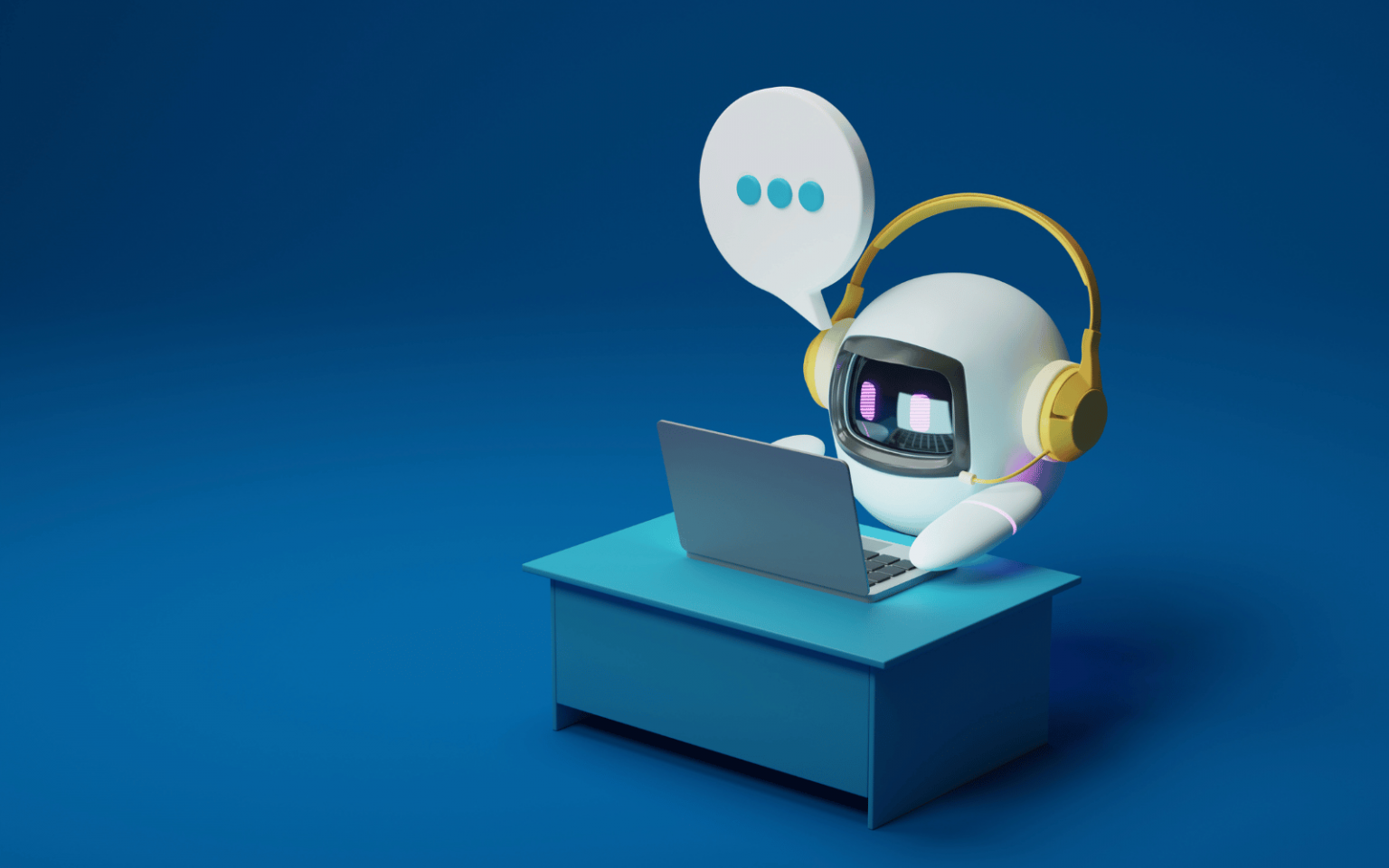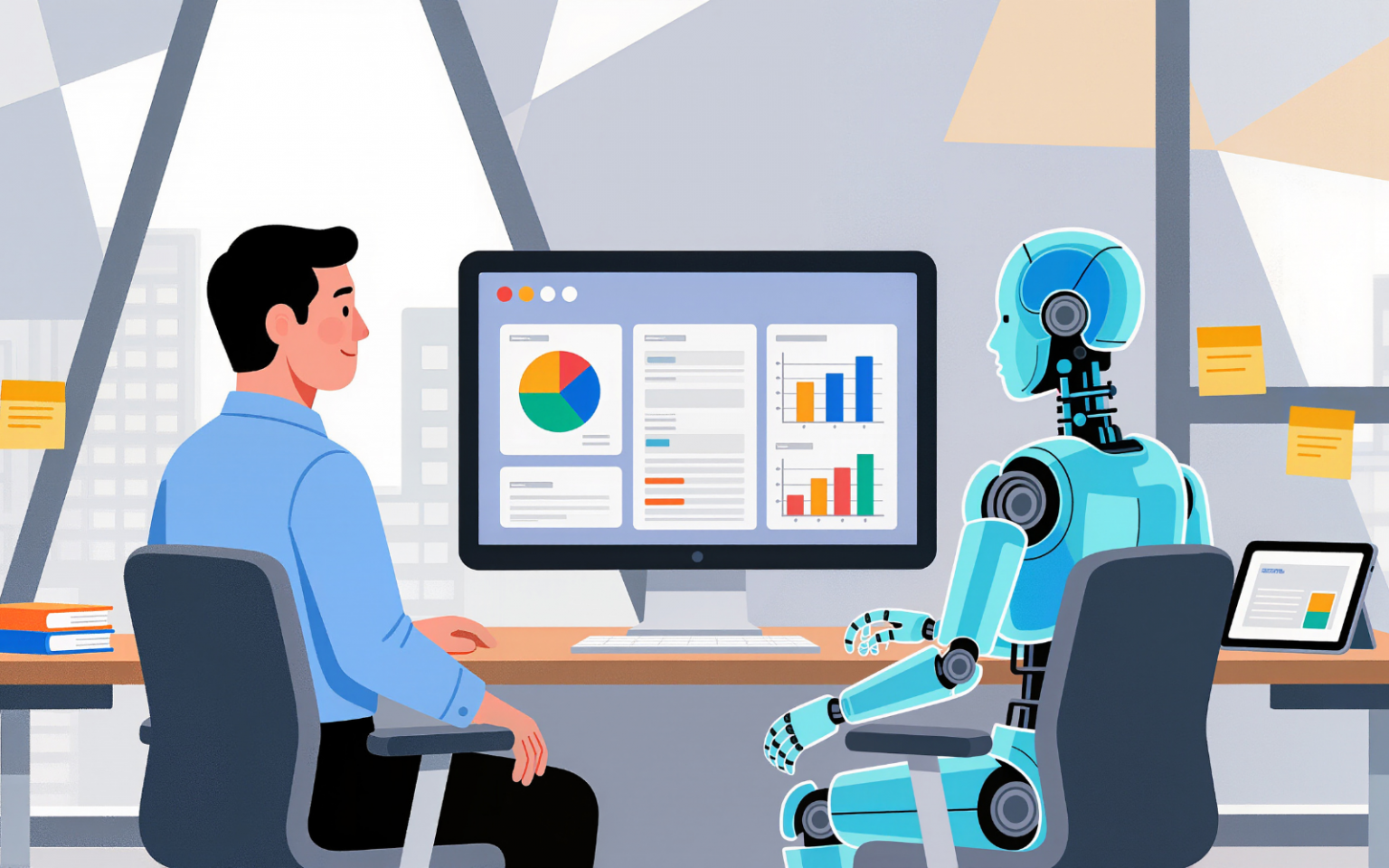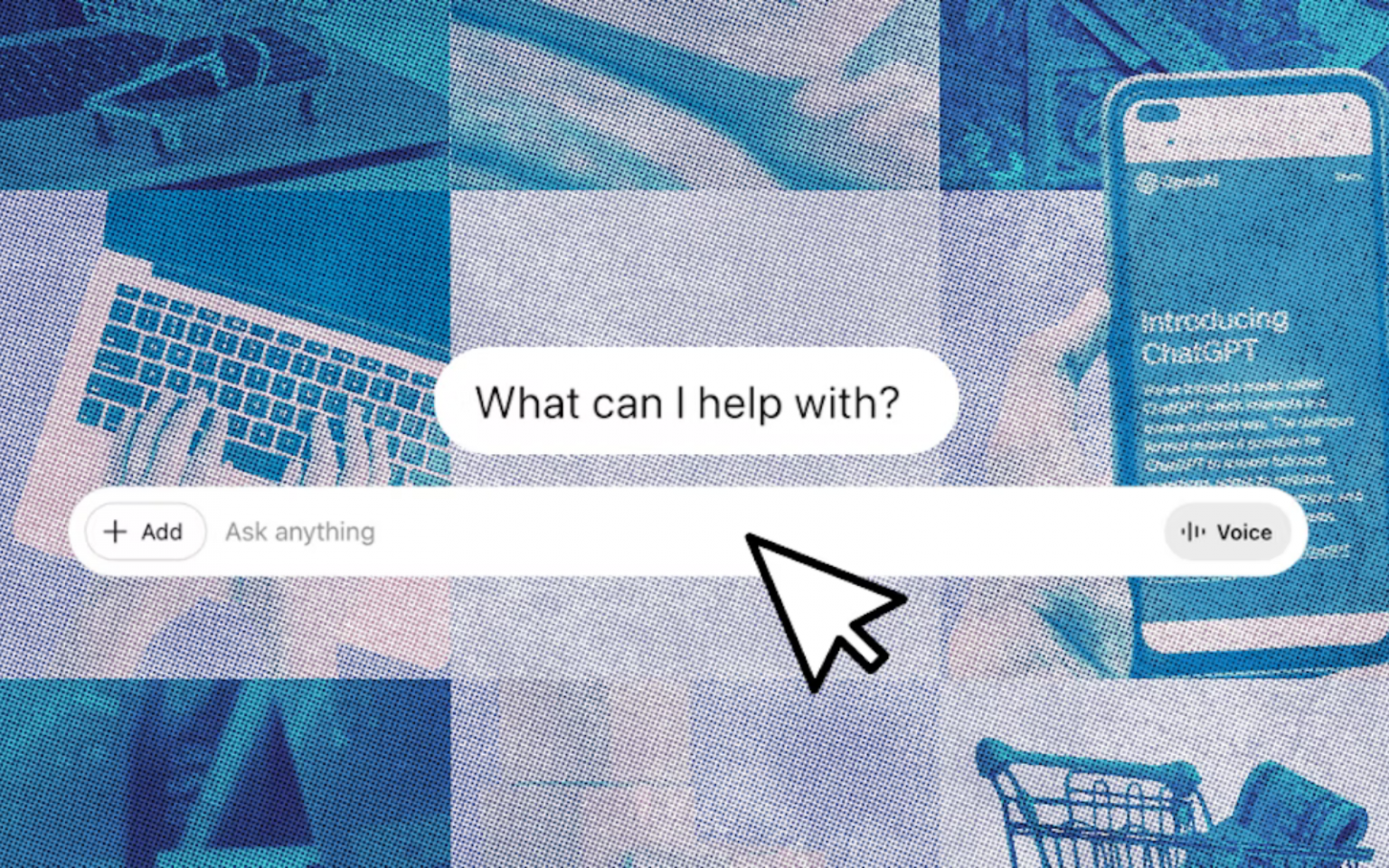What if the problem with social media isn’t just how much we use it, but when? A new study suggests that scrolling and posting through the small hours may be a red flag for mental well-being – and the effects could be as significant as binge drinking. For the study, published in Scientific Reports, my colleagues and I analysed the Twitter (now X) habits of 310 adults and discovered that those who regularly posted between 11pm and 5am showed meaningfully worse mental well-being than daytime users. This finding challenges the current policy obsession with screen time limits and points toward a more…
Author: The Conversation
A “transformation” is upon us. After a multi-year procession of educational technology products that once promised to shake things up, now it’s AI’s turn. Global organisations like the Organization for Economic Co-operation and Development, as well as government bodies, present AI to the public as “transformative.” Prominent AI companies with large language model (LLM) chatbots have “education-focused” products, like ChatGPT Education, Claude for Education and Gemini in Google for Education. AI products facilitate exciting new ways to search, present and engage with knowledge and have sparked widespread interest and enthusiasm in the technology for young learners. However, there are crucial areas of concern regarding AI use such as data privacy, transparency and…
Last week, OpenAI unveiled ChatGPT Atlas, a web browser that promises to revolutionise how we interact with the internet. The company’s CEO, Sam Altman, described it as a “once-a-decade opportunity” to rethink how we browse the web. The promise is compelling: imagine an artificial intelligence (AI) assistant that follows you across every website, remembers your preferences, summarises articles, and handles tedious tasks such as booking flights or ordering groceries on your behalf. But beneath the glossy marketing lies a more troubling reality. Atlas is designed to be “agentic”, able to autonomously navigate websites and take actions in your logged-in accounts. This introduces security…
Artificial intelligence (AI) is fast becoming part of the furniture. A decade after IBM’s Watson triumphed on “Jeopardy!,” generative AI models are in kitchens and home offices. People often talk about AI in science fiction terms, yet the most consequential change in 2025 may be its banal ubiquity. To appreciate how ordinary AI use has become, it helps to remember that this trend didn’t start with generative chatbots. A 2017 Knowledge at Wharton newsletter documented how deep learning algorithms were already powering chatbots on social media and photo apps’ facial recognition functions. Digital assistants such as Siri and Alexa were performing everyday tasks,…
The consulting firm Accenture recently laid off 11,000 employees while expanding its efforts to train workers to use artificial intelligence (AI). It’s a sharp reminder that the same technology driving efficiency is also redefining what it takes to keep a job. And Accenture isn’t alone. IBM has already replaced hundreds of roles with AI systems, while creating new jobs in sales and marketing. Amazon cut staff even as it expands teams that build and manage AI tools. Across industries, from banks to hospitals and creative companies, workers and managers alike are trying to understand which roles will disappear, which will evolve and which new ones will emerge. I research and teach at Drexel University’s LeBow…
Inspired by the human eye, our biomedical engineering lab at Georgia Tech has designed an adaptive lens made of soft, light-responsive, tissuelike materials. Adjustable camera systems usually require a set of bulky, moving, solid lenses and a pupil in front of a camera chip to adjust focus and intensity. In contrast, human eyes perform these same functions using soft, flexible tissues in a highly compact form. Our lens, called the photo-responsive hydrogel soft lens, or PHySL, replaces rigid components with soft polymers acting as artificial muscles. The polymers are composed of a hydrogel − a water-based polymer material. This hydrogel muscle changes the shape of a…
I have worked in AI for more than three decades, including with pioneers such as John McCarthy, who coined the term “artificial intelligence” in 1955. In the past few years, scientific breakthroughs have produced AI tools that promise unprecedented advances in medicine, science, business and education. At the same time, leading AI companies have the stated goal to create superintelligence: not merely smarter tools, but AI systems that significantly outperform all humans on essentially all cognitive tasks. Superintelligence isn’t just hype. It’s a strategic goal determined by a privileged few, and backed by hundreds of billions of dollars in investment, business incentives, frontier AI technology, and some of the world’s best researchers.…
Passwords are the keys to our digital lives – think how many times you log in to websites and other systems. But just like physical keys, they can be lost, duplicated and stolen. Many alternatives have been proposed in recent years, including passkeys. These offer a significant improvement in terms of user friendliness and potential for widespread use. But what exactly are they – and how do they differ from passwords? Passwords are vulnerable In simple terms, a password is a secret word or phrase that you use to prove who you are to computer systems and/or online. If you…
Artificial intelligence is now part of everyday life. It’s in our phones, schools and homes. For young people, AI shapes how they learn, connect and express themselves. But it also raises real concerns about privacy, fairness and control. AI systems often promise personalisation and convenience. But behind the scenes, they collect vast amounts of personal data, make predictions and influence behaviour, without clear rules or consent. This is especially troubling for youth, who are often left out of conversations about how AI systems are built and governed. https://youtu.be/wIc50ju_OUo The author’s guide on how to protect youth privacy in an AI world. Concerns about privacy…
Buying and selling online with e-commerce is old news. We’re entering the age of A-commerce, where artificial intelligence (AI) is increasingly able to shop for us. At the end of September, OpenAI launched its “Buy it in ChatGPT” trial in the United States, using AI agents built to interact with us to do more of people’s browsing and shopping. The technology is known as “agentic commerce”, sometimes shortened to A-commerce. American shoppers can now ask for shopping suggestions from US Etsy sellers within a ChatGPT chat – then buy a product immediately, without having to navigate away to look at individual shop pages. ChatGPT already helps millions…










